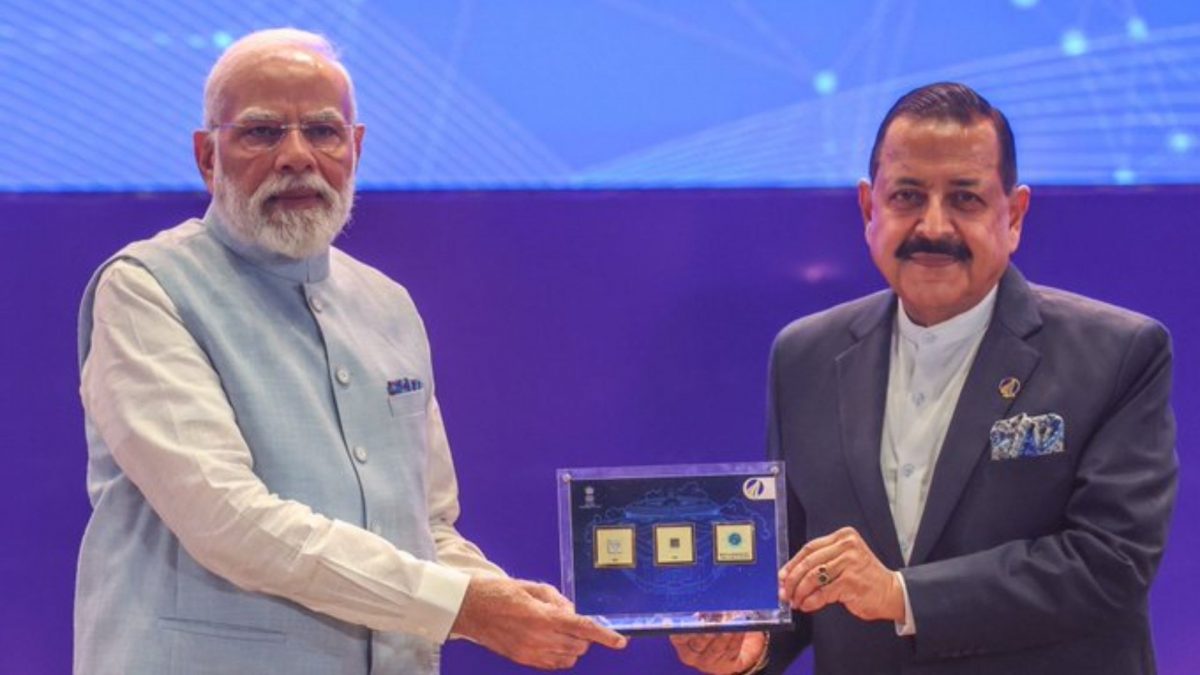In a push to institutionalise innovation financing, Prime Minister Narendra Modi on Monday launched a Rs 1 trillion Research, Development, and Innovation (RDI) fund.
The fund is explicitly designed to act as a catalyst for private sector-led research and technological advancement, specifically targeting high-risk, high-impact projects that often struggle to secure traditional funding.
The announcement, made during the inauguration of the Emerging Science, Technology and Innovation Conclave (ESTIC) 2025, is the government’s commitment to fostering a modern innovation ecosystem.
During his address, PM Modi said that the new initiative signals a fundamental shift in capital allocation. “For the first time, capital is being allocated specifically for high-risk, high-impact projects, ensuring support for ground-breaking endeavours,” he stated, adding that the government is prioritising the “ease of doing research.”
The Department of Science and Technology (DST) will serve as the nodal ministry, overseeing a unique two-tiered funding structure intended to ensure professional management and broad reach.
Impact Shorts
More ShortsAt Level I, a Special Purpose Fund (SPF) under the newly established Anusandhan National Research Foundation (ANRF) will act as the principal custodian.
Crucially, the SPF will not invest directly but will channel its vast capital through professional managers at Level II, including Alternate Investment Funds (AIFs), Development Finance Institutions (DFIs), Non-Banking Financial Companies (NBFCs), and Focused Research Organizations (FROs) like BIRAC and the Technology Development Board.
Financing under the RDI fund will primarily take the form of long-term, low-interest (or interest-free) loans and equity infusions, especially for early-stage deep-tech startups.
This structure deliberately excludes short-term loans and grants, positioning the fund as a source of patient capital essential for sustained scientific inquiry. Priority areas have been clearly defined, focusing on technologies critical for national sovereignty and future growth, including energy security and transition, quantum computing, robotics, space technology, biotechnology, and artificial intelligence (AI).
The startup and VC circles are buzzing with praise for the move.
Rajat Tandon, President of the Indian Venture and Alternate Capital Association, called it a “decisive step towards building India’s innovation capital framework,” noting it lays the foundation for a new era of public-private collaboration, according to Business Standard.
Experts believe the fund will be instrumental in bridging the critical gap between laboratory research and commercial deployment.
Deep-tech investors highlighted the fund’s potential to accelerate the translation of research into commercialisation, helping India build sovereign capabilities in sectors like defence, semiconductors, and biotech.
Furthermore, the initiative is expected to address India’s traditionally low investment in R&D, which currently hovers around 0.6 per cent of GDP. This injection of capital is anticipated to meaningfully boost investor appetite for technical risk and strengthen the competitiveness of intellectual property-driven startups on the global stage.
)